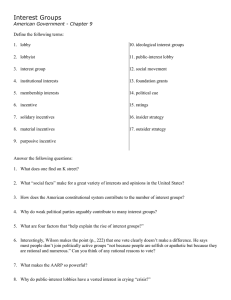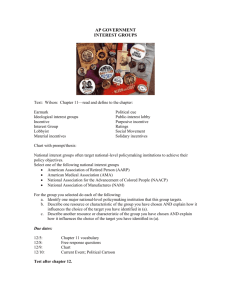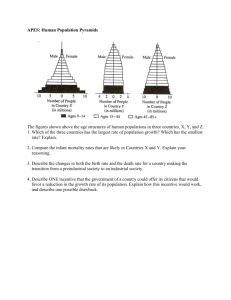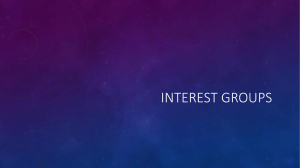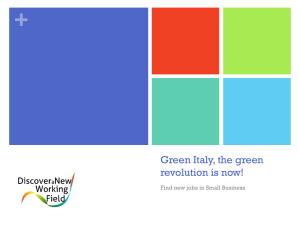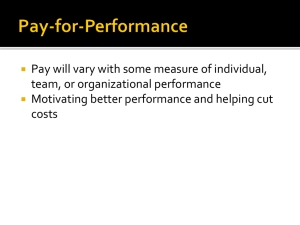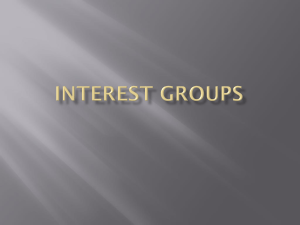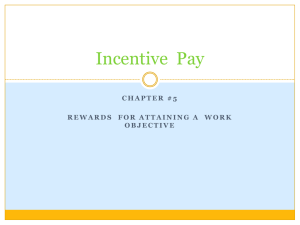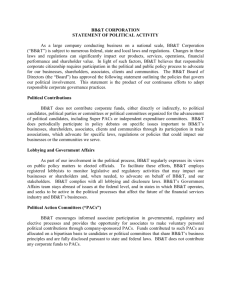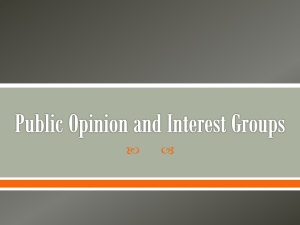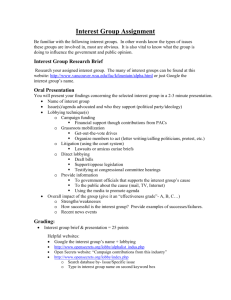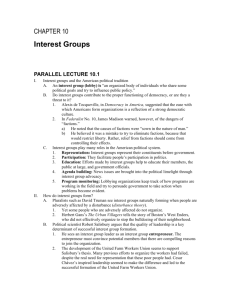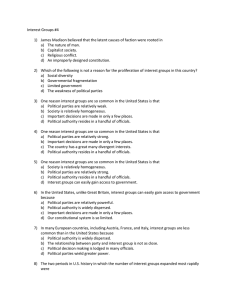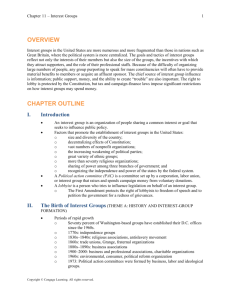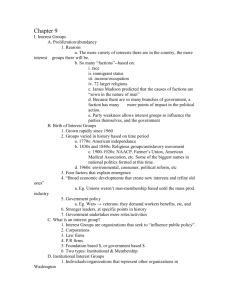Ch11 Reading Assignment
advertisement
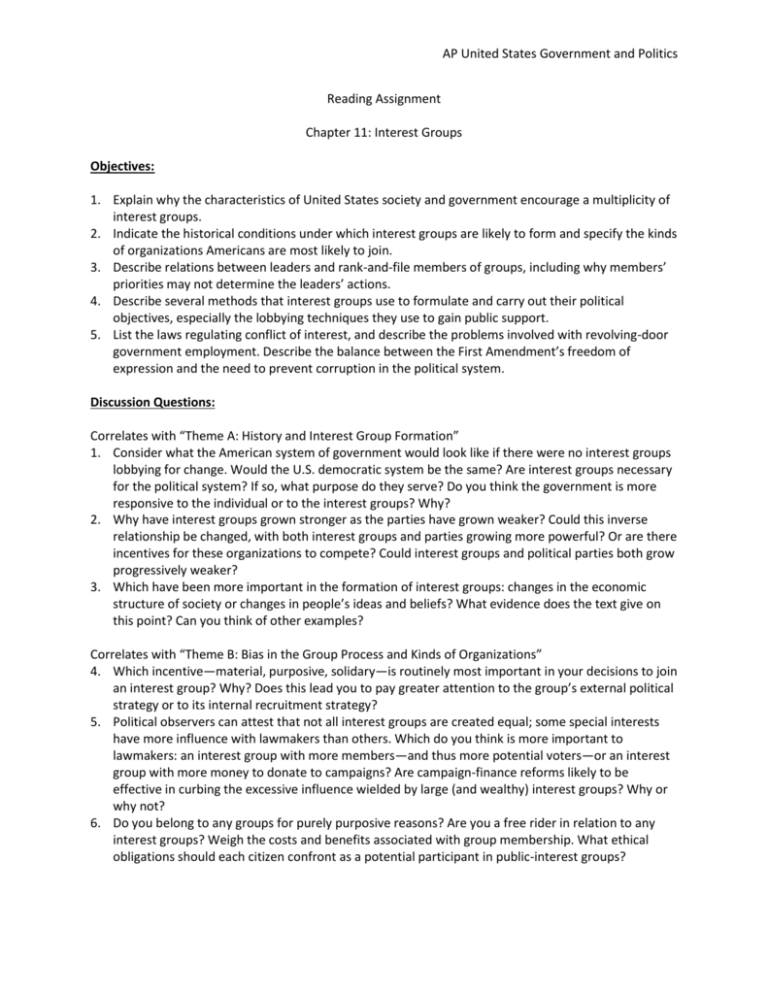
AP United States Government and Politics Reading Assignment Chapter 11: Interest Groups Objectives: 1. Explain why the characteristics of United States society and government encourage a multiplicity of interest groups. 2. Indicate the historical conditions under which interest groups are likely to form and specify the kinds of organizations Americans are most likely to join. 3. Describe relations between leaders and rank-and-file members of groups, including why members’ priorities may not determine the leaders’ actions. 4. Describe several methods that interest groups use to formulate and carry out their political objectives, especially the lobbying techniques they use to gain public support. 5. List the laws regulating conflict of interest, and describe the problems involved with revolving-door government employment. Describe the balance between the First Amendment’s freedom of expression and the need to prevent corruption in the political system. Discussion Questions: Correlates with “Theme A: History and Interest Group Formation” 1. Consider what the American system of government would look like if there were no interest groups lobbying for change. Would the U.S. democratic system be the same? Are interest groups necessary for the political system? If so, what purpose do they serve? Do you think the government is more responsive to the individual or to the interest groups? Why? 2. Why have interest groups grown stronger as the parties have grown weaker? Could this inverse relationship be changed, with both interest groups and parties growing more powerful? Or are there incentives for these organizations to compete? Could interest groups and political parties both grow progressively weaker? 3. Which have been more important in the formation of interest groups: changes in the economic structure of society or changes in people’s ideas and beliefs? What evidence does the text give on this point? Can you think of other examples? Correlates with “Theme B: Bias in the Group Process and Kinds of Organizations” 4. Which incentive—material, purposive, solidary—is routinely most important in your decisions to join an interest group? Why? Does this lead you to pay greater attention to the group’s external political strategy or to its internal recruitment strategy? 5. Political observers can attest that not all interest groups are created equal; some special interests have more influence with lawmakers than others. Which do you think is more important to lawmakers: an interest group with more members—and thus more potential voters—or an interest group with more money to donate to campaigns? Are campaign-finance reforms likely to be effective in curbing the excessive influence wielded by large (and wealthy) interest groups? Why or why not? 6. Do you belong to any groups for purely purposive reasons? Are you a free rider in relation to any interest groups? Weigh the costs and benefits associated with group membership. What ethical obligations should each citizen confront as a potential participant in public-interest groups? AP United States Government and Politics Correlates with “Theme C: Interest Groups in Action” 7. Information is the primary tactic employed by interest groups. A substantial proportion of the legislation introduced into Congress is written either entirely or in part by interest groups. Why would members of Congress introduce such legislation? Is the public vulnerable to exploitation by powerful groups due to their monopoly over information? 8. Discuss the grassroots component of interest groups’ lobbying activities. How has the ease of communication facilitated by the Internet and e-mail made this type of activity more effective than ever? How might the ability of interest groups to harness public opinion affect legislators’ ability to lead public opinion rather than just following it? 9. PACs have been called collection agencies for interest groups. They were created to evade laws that forbid corporations and labor unions to give money directly to federal candidates. Why does Congress permit the law to be trampled by allowing the existence of PACs? Do PACs threaten the constitutional order? Key Terms: 1. 2. 3. 4. 5. 6. 7. 8. 9. 10. 11. 12. 501(c)(3) organization 501(c)(4) organization ideological interest group incentive interest group material incentive political cue public-interest lobby purposive incentive rating social movement solidary incentive Chapter Outline

